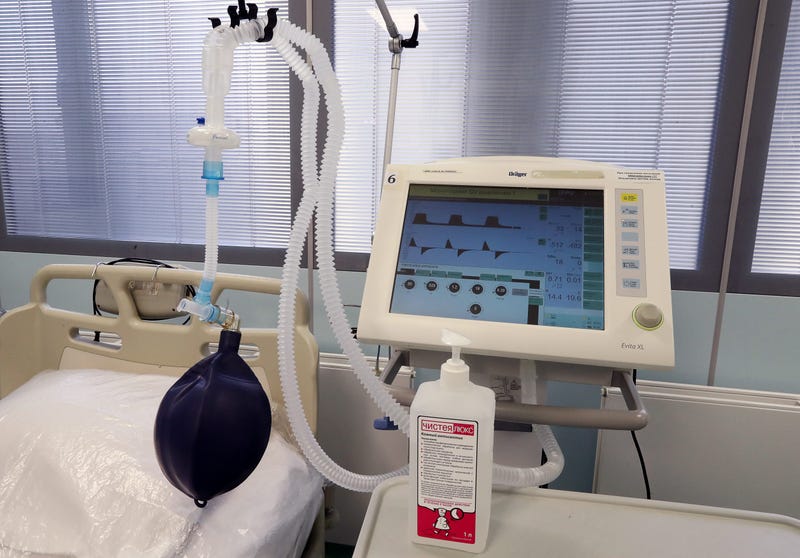
It's not the doctor or nurse who decides. It's up to an independent triage team, according to Dr. Scott Halpern, professor of medical ethics and health policy and a practicing critical care physician at the Hospital of the University of Pennsylvania.
"They would be the ones, not only to assign an initial priority to all newly admitted patients, but to reassess at intervals of, say, four days patients who are currently receiving critical care to determine their on-going eligibility for those resources," said Halpern, who co-wrote the guidelines currently used in many hospitals across the country.
“Those priority scores are determined by two things, and two things only. The first is the patient’s chance for surviving the hospitalization, and the second is the presence or absence of any chronic health problems that may limit their survival after the hospitalization.”
If everything is equal, age is the tie-breaker. The patient’s marital status, sex or ability to pay are never considered.

